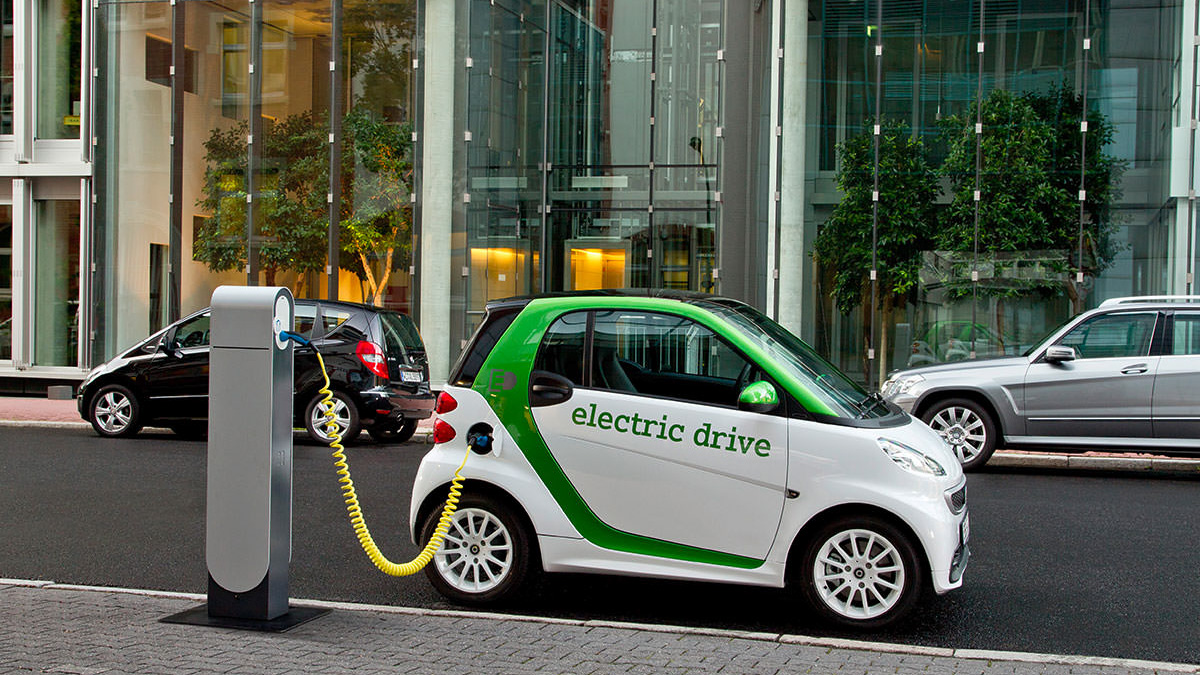Major US utilities plan nationwide charging network, anticipating 22M EVs by 2030

- More than 50 utilities, primarily investor-owned power companies, have banded together to install electric vehicle (EV) fast-charging infrastructure along major U.S. highway corridors by the end of 2023, the National Electric Highway Coalition (NEHC) announced.
- The coalition is led by the Edison Electric Institute (EEI), which has increased its previous estimates and now anticipates there will be 22 million EVs on U.S. roads in 2030, requiring more than 100,000 fast chargers.
- The NEHC’s group effort to address range anxiety could potentially have a “large impact” on charging infrastructure and adoption, said software company BlastPoint co-founder and Chief Technology Officer Tomer Borenstein. A recent report from the predictive analytics company, however, warns some areas of the country are not prepared for the transition.
The last time EEI estimated how many EVs would be on the road in 2030, the investor-owned utility trade group came up with 18.7 million. That was 2018, and since then estimates “have ticked up a little bit,” Kellen Schefter, EEI’s director of electric transportation and customer solutions, said.
The 17.6% increase in expected EVs points to the need for a rapid rollout in charging infrastructure, say electrification experts, particularly in areas that may be lagging. More information on EEI’s EV sales forecasts and charging infrastructure estimates will be included in a paper expected out next year.
“What we’re hoping to accomplish here is to really bring together electric companies across the country to think beyond their service territories, into how they are filling in the gaps needed to support EV drivers on major travel corridors,” said Schefter.
